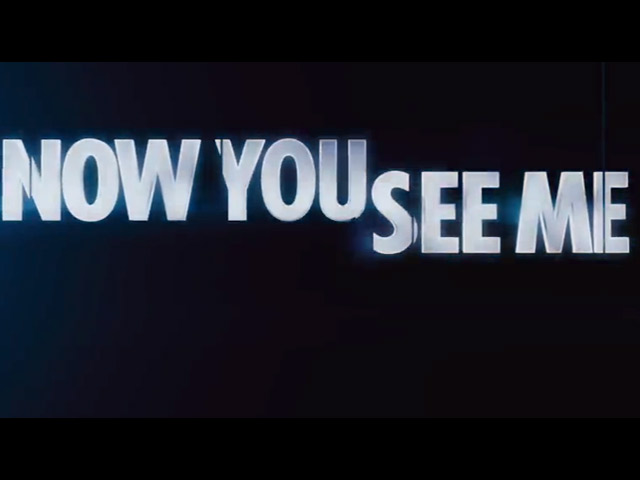. . . Brent Adams told me that his students’ idealism about reforming
the entertainment industry often comes from their recognition, as
they’ve matured, of the negative influence that films and games had on
their own lives. I wasn’t sure I believed him — he sounded like a father
figure projecting his values onto his children. But Strong was a
perfect example. We had a long talk one afternoon in the computer lab,
and he told me that growing up in northern Idaho, he was an
undisciplined teenager — hanging around with girls who drank and hiding
those friendships from his parents. His dishonesty unsettled him, but he
repressed the feeling. Then, during his freshman year at B.Y.U., his
outlook changed.
He saw students who were all striving to be kind and
moral people but also having fun and enjoying solid friendships with one
another. The uneasy compromises between his principles and his
popularity didn’t seem necessary anymore. It was the reverse of the
typical coming-of-age-at-college story: he felt liberated enough to
experiment, so he experimented with returning to the values he was
raised with. “I realized I can be whoever it is that I want to be,” he
said. “That thought just hit me like a ton of bricks. And I discovered I
want to be a really good person.”
Now, Strong said, he avoids even some PG-13 movies. “You never know
what’s going to come up on that screen, and once you see something, you
can’t get it out of your head. Ever.” He thought a moment, then asked:
“What’s the name of that film?” I don’t know what I expected him to say,
but I was surprised when he said, “ ‘Wedding Crashers.’ ”
In high school, a friend persuaded him to sneak into the movie, and the
nudity, as well as Vince Vaughn and Owen Wilson’s general attitude
toward women, shook him. After that, when he saw a girl, his first
thoughts would be about whether she was attractive; he felt himself
moving through the world essentially casting or rejecting its
inhabitants as possible extras in “Wedding Crashers.” You could argue
that this was only the harmless awakening of a teenage male mind. But
Strong didn’t see it this way. In fact, he feels so uneasy about this
stretch of his life that later, when he began dating his future wife, he
made a point of discussing it with her. (“I had changed,” he explained,
“but I wanted anything like that to be open between us.”) “In the
L.D.S. church,” he told me, “a really strong message is that everyone’s a
child of God — that they’re a sacred individual. They’re born into this
world clean and pure and beautiful.” “Wedding Crashers” altered his
vision. He spent some time looking at the world through “Wedding
Crashers”-colored glasses, and it was not only disrespectful of other
people, he felt, but it also deprived him of experiencing them in a more
genuine way. Why couldn’t films subconsciously encourage us to use the
eyes that God gave us instead? “To view people through that window puts a positive, beautiful spin on your life,” he said.
The above segment is from an article about Mormon animators called "When Hollywood Wants Good, Clean Fun, It Goes to Mormon Country," by Jon Mooallem.
As I say (repeatedly), whatever surroundings the wandering Jews find ourselves in, we absorb some of the local values. Morgan Strong, who was quoted above, avoids racy movies since he finds their messages to be corrosive to the soul.
But in our world, even those who don't have access to secular entertainment have made physical appearance a constant conversation in the dating world. (In my background's case, that has to do with being Hungarian, television regardless.)
What I find most disheartening is how this shallowness is given validation, even as a viable excuse for bad behavior when one side "finds out" as to the lack of sought physical attributes. I'm not exactly sure when adult tantrums became acceptable, but there you go. That's without seeing "Wedding Crashers."
I am not saying that lack of attraction should be ignored; rather, one should give attraction a chance. There are so many people out there whose innards practically shine with personality, but those who live shallow lives, and insist on shallow relationships, don't want to see that glow.
"Only a bimbo wants a bimbo," I firmly told my friend who opined as to male superficiality. "Not all men are the same." I think.
"Only a bimbo wants a bimbo," I firmly told my friend who opined as to male superficiality. "Not all men are the same." I think.

2 comments:
You should see how my mom and grandmother care about looks!
Cookie, they'd be fourth and fifth to my Babi, mother, and father.
Post a Comment